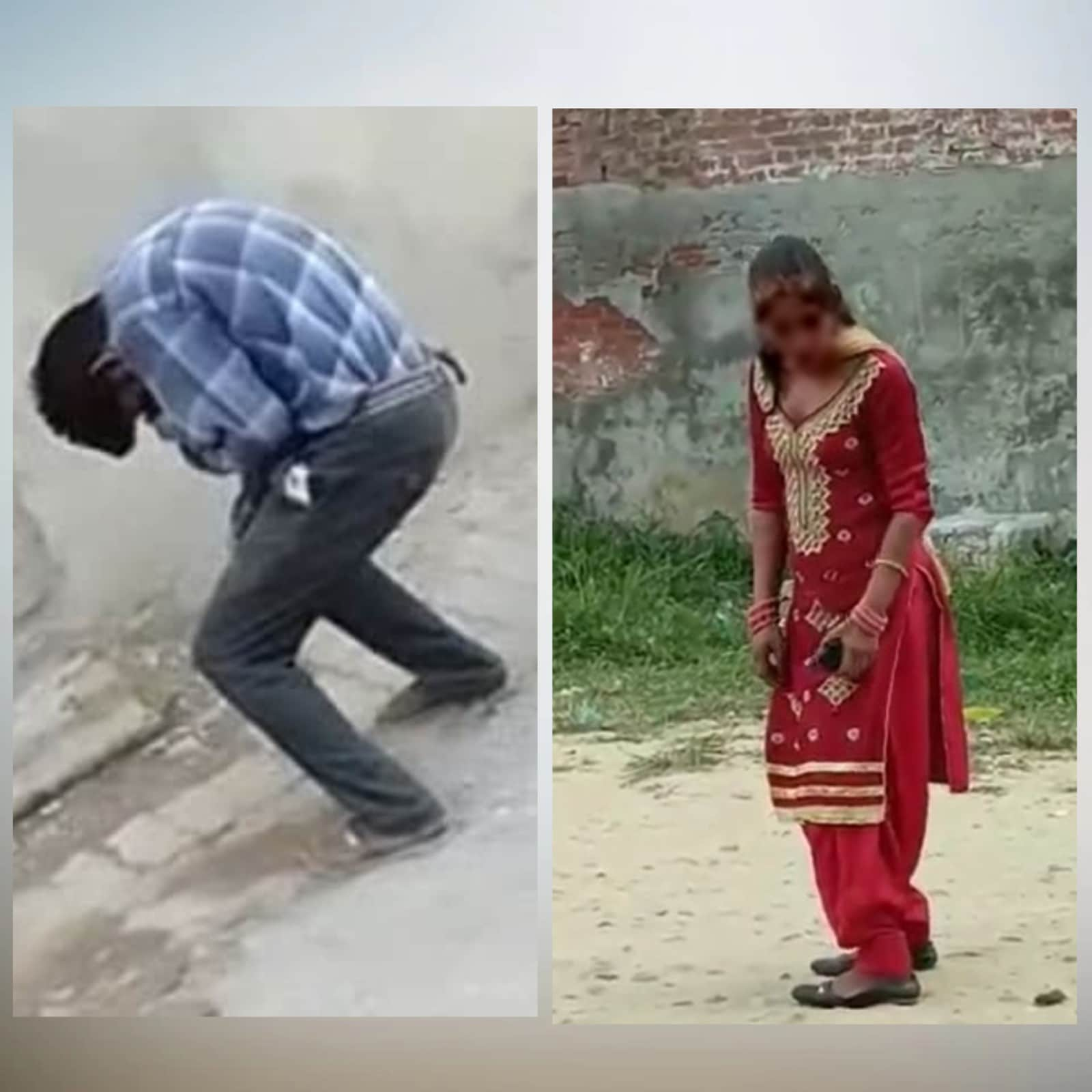India Takes A Tough Stance, NIA Raids 53 Locations Across Seven States, Union Territories In Connections To Sikh Separatist Groups
The term "Khalistan" has reverberated in the Indian subcontinent for decades, evoking complex emotions and challenging questions; however, the recent diplomatic rift between India and Canada has fuelled the fire once again, prompting raids by the NIA.

India’s anti-terrorism agency, NIA, has conducted raids at 53 locations across seven states and union territories as part of a sweeping operation to target individuals it believes are involved with “terrorists” and “gangsters,” some of whom are alleged to have connections to Sikh separatist groups.
The National Investigative Agency (NIA) reported on Wednesday that it had confiscated firearms, ammunition, and a significant number of digital devices during these operations; those apprehended are individuals suspected of affiliating with “pro-Khalistan” factions.

According to the NIA, these recent raids are connected to “conspiracies of targeted killings, terror financing for pro-Khalistan outfits, extortion, etc. by gangsters, many of whom are incarcerated in various jails or are operating from several foreign countries, including Pakistan, Canada, Malaysia, Portugal, and Australia.”
The statement from the NIA also reveals that “many of the criminals and gangsters who were previously leading criminal groups in India have fled abroad in recent years and are now pursuing their terrorist and violence-related activities from there, according to NIA investigations.”
“These criminals have been involved in planning and carrying out serious crimes, including contract killings and retaliatory actions, often in collaboration with criminals imprisoned across India,” the statement added.
This operation spanned several Indian states, including Punjab, Haryana, Uttar Pradesh, Rajasthan, and Uttarakhand, and encompassed the union territories of Delhi and Chandigarh.
What Fuelled The Fire
These raids come amidst heightened tensions in India’s diplomatic relations with Canada, spurred by Canadian Prime Minister Justin Trudeau’s accusations that India may have played a role in the killing of Hardeep Singh Nijjar, a Sikh Canadian advocate for Khalistan, in British Columbia.
India has vehemently denied Trudeau’s allegations, previously labelling Nijjar as a terrorist linked to the Khalistan movement, accusing him of “attempting to radicalize the Sikh community worldwide.”
India has long accused various foreign nations of harbouring what it characterizes as Sikh militants within their diaspora communities.
In response to Trudeau’s claims, New Delhi has expressed its displeasure and expelled senior diplomats in a reciprocal exchange, raising concerns about a potential strain in the relationship between key U.S. partners.
The situation escalated further when India suspended visa services for Canadian citizens, citing “security threats” against its diplomats in Canada.
Although Prime Minister Modi has not publicly addressed the growing dispute, Indian authorities recently announced an “intensified crackdown” on what they allege is a “Khalistani terrorist campaign.”
Last week, the NIA also offered a cash reward for information leading to the apprehension of five individuals they accuse of “spreading terror” in the state of Punjab.

The Spark To A Raging Fire
The term “Khalistan” denotes a separatist movement aiming to establish a Sikh homeland in India’s Punjab region; this proposed homeland represents a longstanding issue.
What Is The Real Issue
Punjab, where the majority of India’s Sikh population resides, has voiced grievances about neglect by successive governments, and this discontent among Sikhs has fueled demands for an independent Sikh state.
Sikhs, numbering 23 million, constitute less than 2% of India’s population but wield considerable influence in the nation’s economy and socio-cultural landscape.
In the aftermath of India’s independence from British rule in 1947, Punjab, predominantly inhabited by Sikhs, played a crucial role in helping a food-insecure nation move toward self-sufficiency; however, despite their contributions, the Sikh community has consistently felt misunderstood and inadequately rewarded.
This tension between Punjab and the Indian state has deep historical roots, with some Sikhs arguing that they should have been granted their own homeland at the time of India’s independence.
This period was marked by numerous violent incidents, thousands of deaths, and two tragic events in Indian history: the storming of the Golden Temple, the holiest Sikh shrine, by the Indian army, and the subsequent assassination of Prime Minister Indira Gandhi by her Sikh bodyguards in an act of revenge.
A substantial number of Sikhs emigrated to countries like the UK, US, and Canada, where the largest Sikh population outside India resides, keeping alive the separatist movement.
Within India, the desire for a separate Sikh nation is relatively small; nonetheless, it remains a matter of concern for the authorities, who have outlawed the Khalistan movement, categorizing it as a terrorist threat.
India points to the 1985 bombing of Air India Flight 182, which claimed 329 lives and originated in Canada, as evidence of this threat, as it is widely believed to have been perpetrated by Sikhs based in Canada.

The View Point
However, the creation of a separate state will not address the multitude of challenges plaguing Punjab, including high unemployment, a devastating drug crisis, and alarmingly high rates of female infanticide.
While improving governance and making substantial investments in Punjab would be a step in the right direction, it’s equally crucial to enhance the protection of religious minorities under Prime Minister Narendra Modi’s administration.
Adding to India’s apprehensions, today’s Punjab exhibits many of the conditions that previously gave rise to Sikh militancy, with one notable exception: a pervasive opioid addiction crisis.
Punjab’s economic development has also lagged behind the broader Indian growth, leading to challenges for its youth in securing well-paying employment.
This undercurrent of frustration finds expression in mass protests, exemplified by the farmer protests of 2020 and 2021, which garnered support from the Sikh diaspora.
The Last Bit, Khalistan, remains a poignant and multifaceted issue in contemporary India. The desire for an independent Sikh state, born out of historical grievances and rooted in a distinct cultural identity, has not dissipated over the years.
However, it is essential to recognize that the challenges facing Punjab, where the majority of India’s Sikhs reside, go beyond the boundaries of nationhood; unemployment, addiction, and gender disparities are pressing concerns that demand attention and resolution, transcending any political ambitions.




